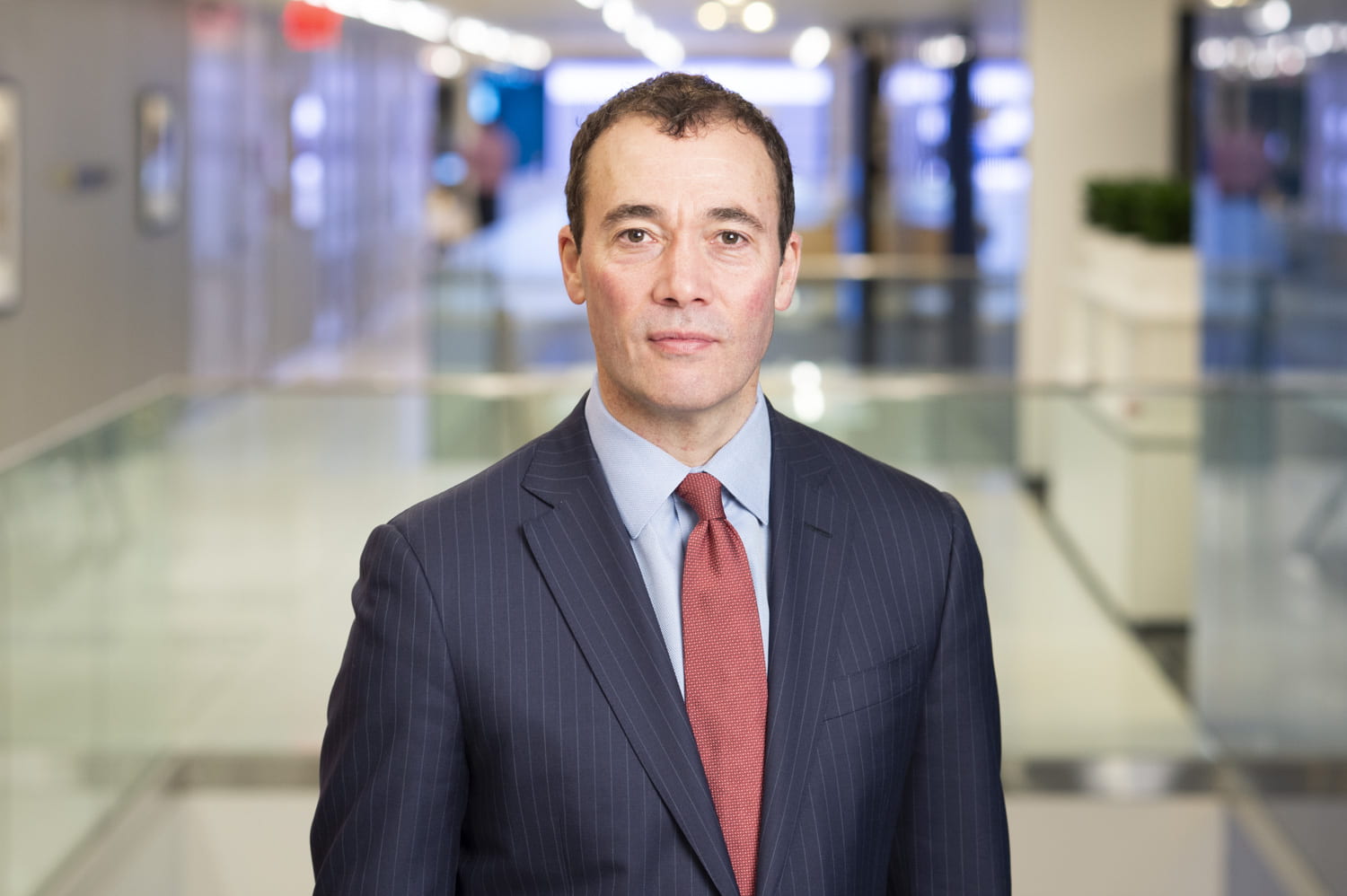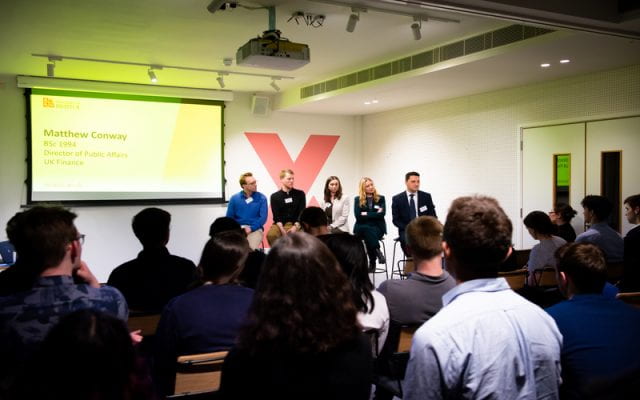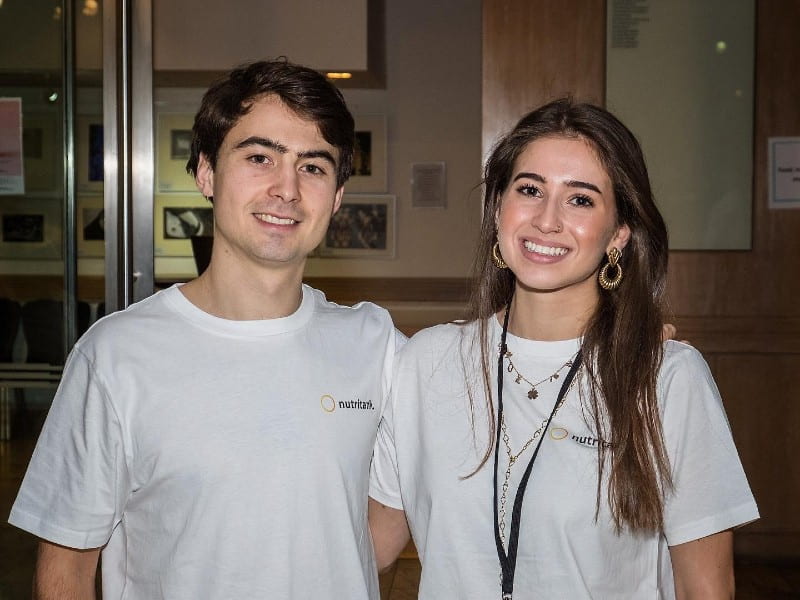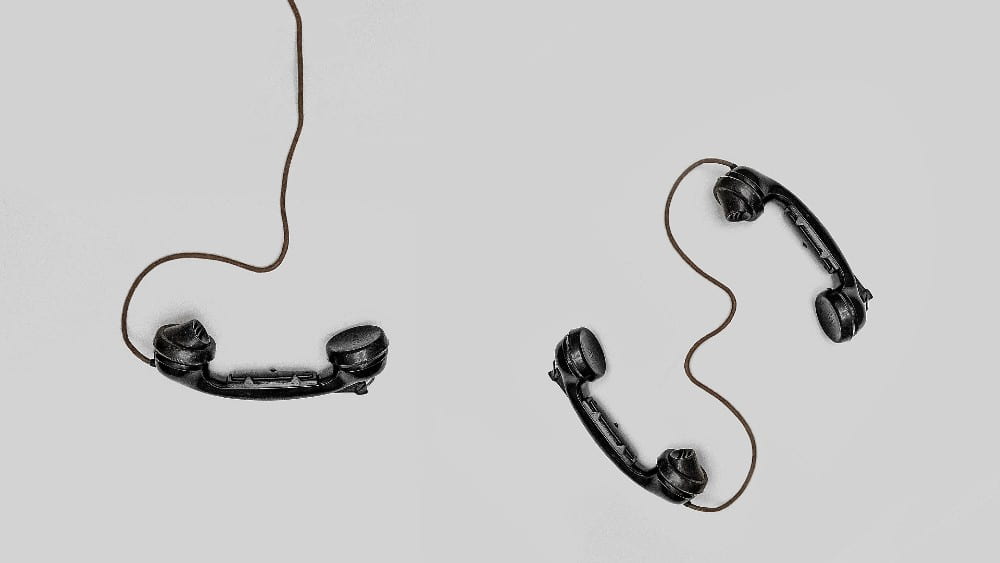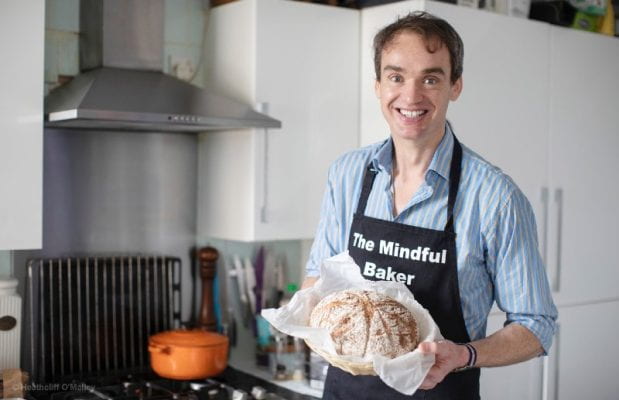 Visit a supermarket during lockdown and the empty shelves which once stocked flour, yeast and eggs give an indication of the nation’s newest obsession: baking. Whether out of necessity or curiosity, people up and down the country are trying their hand at creating their own loaves – with varying levels of success.
Visit a supermarket during lockdown and the empty shelves which once stocked flour, yeast and eggs give an indication of the nation’s newest obsession: baking. Whether out of necessity or curiosity, people up and down the country are trying their hand at creating their own loaves – with varying levels of success.
But could this new hobby bring other benefits? Could it even increase our ability to live mindfully? For Bristol alumnus, Tim Leach (LLB 2006), the two go hand in hand. Also known as the Mindful Baker, when not in lockdown Tim teaches breadmaking workshops through which he explains the principles of mindfulness.
However, Tim wasn’t always a baker. As a law student at the University of Bristol and a resident of Wills Hall, he was on track for a legal career in the city. But his path altered courses drastically, after he suffered a life-threatening accident on a post-graduation ski holiday.
After skiing off the side of a mountain, Tim broke his back and neck and had to be induced into a three-week coma. He sustained significant head injuries, which have impacted his memory ever since.
Forced to spend years focusing on his recovery, Tim felt like he was being left behind by his peers.
“My friends were all doing well in their jobs, getting promotions and some of them were starting to get married,” says Tim. “I could have really hit the ‘feel sorry for me’ button, but it wouldn’t have got me anywhere and most likely it would have sent me into a depression. I made a conscious decision to work my way out of the situation I was in.”
Tim set up his own shirt-selling businesses, which he ran for a number of years. But his true turning point came when he discovered mindfulness in the most unlikely of places: on a day long course which promised to improve attendees’ success in the dating world.
“We got to the last session of the day,” says Tim, “and the man running it started by saying: ‘You’ll never find the person you want to be with or find inner peace until you learn to love yourself.’ I couldn’t help feeling a bit sceptical. But then he asked us to shut our eyes and breathe deeply in and out and all of a sudden, I was completely engrossed. He led us though a guided meditation which was something I’d never done before. I found it pretty incredible.”
“He gave us his email address and told us to write to him every week to let him know how we were finding meditation – just as an incentive for us to keep going. He said that statistically only one per cent of us would actually do that, but that he wanted us all to be one per cent-ers.”
Tim kept his meditation up and a couple of months later he was still faithfully emailing the course instructor once a week.
“After a while we met up for a really nice lunch,” says Tim. “He was so lovely and was genuinely interested in how I was getting on with meditation. At the end of the meal I asked him how many people from the course were still emailing him and he said: ‘You’re the only one. You were the one per cent!’ Hearing that just made me think – I can really do this. I can keep this mindfulness going and learn even more about it.”
Tim went on several courses to expand his knowledge of mindfulness and the practice became an intrinsic part of his life.
“The baking side of things came into it all a few years ago,” says Tim. “I had a party and my cousin’s husband arrived with a couple of homemade loaves of sourdough. It was such a great gift and I asked if he could show me how to make them too.”
“He came round and taught me how to make this bread and I was amazed by the simplicity of it all,” says Tim. “Sourdough is made with a starter, a kind of fermented dough, that you have to look after and ‘feed’ every week with flour and water. I could see how it related to being mindful and looking after yourself. I realised that having a tangible thing to work with like bread would be a really good way to explain mindfulness to people and demonstrate different techniques.”
Tim set to work creating a course which would teach participants how to make delicious bread, as well as giving them a grounding in mindfulness.
“When you make sourdough you put the starter in first and then flour and water,” says Tim, “and the whole thing turns into a massive, muddy mess. It’s similar to the state we can get ourselves into when we’re trying to deal with problems. On my course I get people to create that mess, and then we go into the other room to talk about mindfulness techniques such as breathing and visualisation exercises.”
“During that time the starter, flour and water mixture will be developing and forming gluten bonds. It demonstrates how you can use mindfulness when you’re faced with a problem. By simply observing it and acknowledging it, rather than trying to solve everything or change things we can’t change, often things will come together all on their own.”
Usually, Tim’s courses are delivered to around five people at a time at his home in Battersea. But with lockdown keeping us all indoors, he’s adapted by creating his own Youtube channel, full of baking tutorials. He’ll soon be uploading videos which go through various mindfulness techniques, which he hopes will provide comfort for people in lockdown.
“Learning how to observe and let things be can really help people to cope with the current situation,” says Tim. “For those of us isolating at home, there’s absolutely nothing more we can do other than keeping ourselves out of harm’s way and following the social distancing guidelines. Apart from that, all we can do is accept the situation that we’re in and allow it to be the way it is.”
Tim also suggests that keeping a list of daily achievements, no matter how small, can help during this turbulent time.
“It’s good to be able to compliment yourself,” he says. “Being kind to yourself or even being kind to a stranger can help you to live in the moment and appreciate the people around you.”
For all those now baking at home, Tim hopes their foray into the world of breadmaking has a lasting impact: “I’d like to think that they are finding the peace and the meditative state that can come about through the process of baking,” he says. “At the end of the day, there’s nothing quite like homemade bread.”
To learn more about Tim’s courses, head to www.themindfulbaker.com





